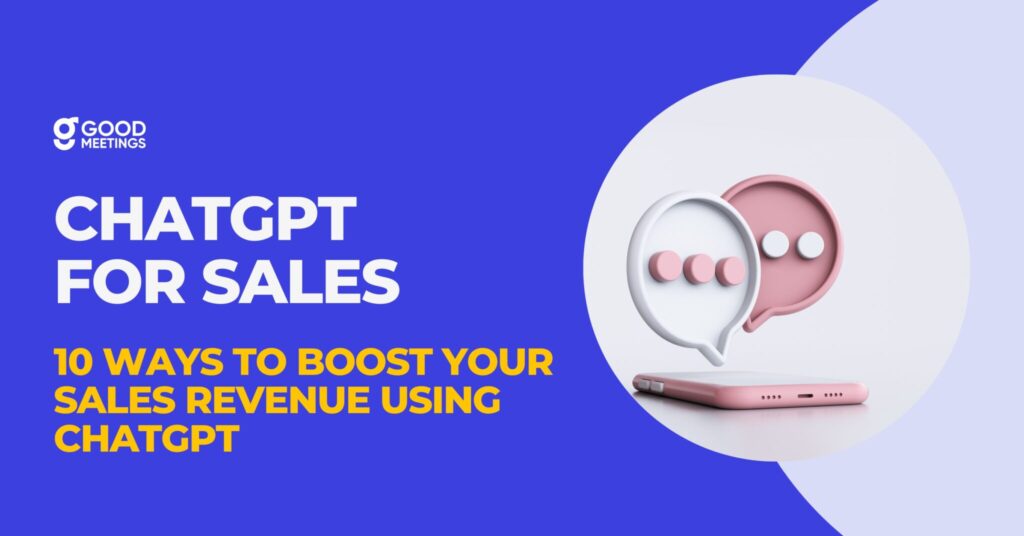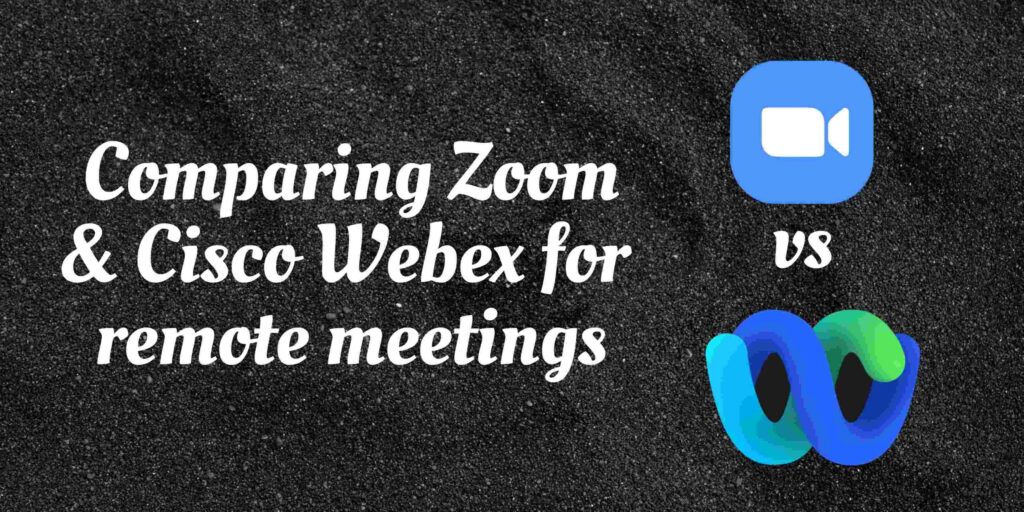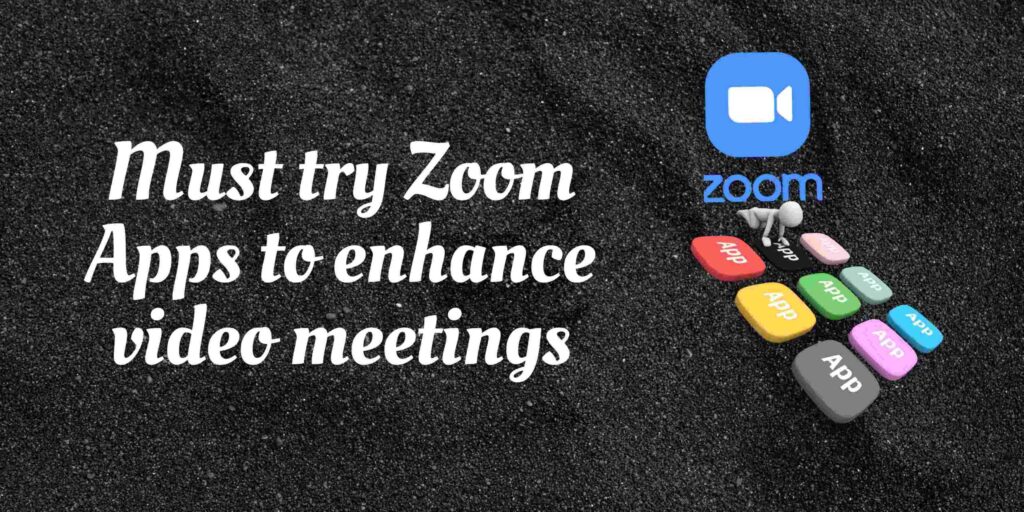Salesmanship has long been considered an art, one often thought to be innate. Historically, many sales professionals ascended their career ladders without undergoing structured sales training. This training, largely ad-hoc and event-based, lacked strategic planning and continuous development.
A little history…
Around 1950, sales coaching audio vinyl records and cassettes became popular with salespersons. Their sales coach was an audio cassette that they would invariably listen to in their car while on the way to meeting a prospect. Around the 1970s, video-based sales coaching was introduced to the sales world. With the introduction of CRMs in the 21st century, sales training took a backseat. Companies began to believe that CRM would automate most of the workflows and take some burden off the salespersons. CRM did provide a lot of convenience on monitoring, managing workflows and reporting; however, it was never a replacement for selling skills.









Enter AI in the 21st century. Driven by the increase in remote sales meetings warranted by the pandemic, intelligent, sales-specific remote meeting tools are emerging in the market. The advantages of these tools are enormous, and a massive shift towards adopting these tools is evident post-pandemic as well.
What Is Sales Coaching?
Sales coaching involves a structured approach to enhance the performance and skills of sales representatives.
Here’s an example:
Imagine a sales team struggling to meet targets. The manager employs a sales coaching tool that uses AI for data-driven insights. This tool analyzes past sales calls, identifying patterns such as speech pace, customer questions that went unanswered, or missed opportunities to close a deal.
Using these insights, the manager holds personalized coaching sessions. They focus on specific areas for each representative, like improving product knowledge or enhancing communication skills. Interactive role-play scenarios are used, based on real sales calls, to provide hands-on experience.
Additionally, the coaching tool integrates a content management system, offering access to up-to-date training materials and best practice guides. Sales representatives are encouraged to use standardized email templates for follow-ups, ensuring consistent communication.
As the team progresses, their skills are assessed through the tool’s analytics, highlighting areas of improvement and success. Over time, the sales team becomes more adept at handling customer queries, leading to increased sales and improved customer satisfaction.
5 Types of Sales Coaching Tools
Here are 5 different types of sales coaching tools, each type addresses different aspects of sales coaching, from practical training to performance analysis, helping managers develop more efficient sales teams.
- Software Platforms: Comprehensive tools for sales training, analytics, and performance tracking.
- Data-Driven Insights: AI and analytics tools that provide real-time feedback and insights based on sales interactions.
- Content Management Systems: Organize and distribute sales training materials and resources.
- Email Templates: Standardized communication tools for consistent, effective sales messaging.
- Skill Assessment: Tools for evaluating and improving sales skills, often using interactive methods or gamification.
Why do we need sales coaching tools?
According to a Gartner research,
Sales representatives forget 70% of their training leanings within a week of the training, and 87% forget it all within a month.
Let’s put it this way: You know how sales reps often struggle to remember all their training? Gartner found out that they forget about 70% of it in just a week! And in a month? Almost everything’s gone. That’s why they end up falling back into old habits, which isn’t really efficient.
But here’s where AI-based sales coaching tools come into play. They’re all about learning by doing, right in the middle of a sales call. These tools offer real-time guidance, nudges, and feedback based on the actual conversation happening. It’s like having a coach whispering tips and tricks, helping the salesperson remember and apply the lessons much better than traditional methods. It’s practical, tailored, and way more effective.
Top 7 Sales Coaching Tools for Managers
1. GoodMeetings
Goodmeetings is an AI-powered meeting insights and automation platform that enhances the productivity of customer-facing revenue teams. Goodmeetings’ AI algorithm aids cross-functional teams in transcribing, summarizing, and highlighting action items from all your meetings.
Features:
- Differentiate productive meetings easily with the insights dashboard
- Automate action item creation for efficient task management
- Provide sales reps with automated post-meeting support
- Reduce meeting auditing time to just 5 minutes
- Streamline coordination and expedite deals with cross-functional teams
- Access recorded meetings swiftly with a searchable archive
- Gain insights through summaries, topic tracking, behavior analysis, and sentiment evaluation
- Generate a curated video reel for key meeting moments
- Collaborate by sharing coachable moments and assigning actions
- Understand customer conversations comprehensively through meeting summaries and significant moments
In addition to the above features, GoodMeetings provides post-meeting metrics for identifying training needs and appraising the candidates. GoodMeetings is a future-ready sales meeting tool in the true sense.
Pricing (annual billing)
- Professional: $50/user/month
- Business: $75/user/month
Ratings & Reviews
- G2: 4.7/5
- Product Hunt: 4.9/5
2. Gong
Gong was one of the first movers to foray into developing sales coaching features in its remote meeting tool.
It uses conversational intelligence to identify the best practices followed by peer salespersons.
Additionally, it provides the managers direct visibility into the sales behaviors of the team and helps them in designing relevant and personalized training programs. Gong believes in facilitating the replication of the best behaviors of the superior salesmen by the entire team to maximize sales efficiency.
Pricing (annual billing)
Gong has not shared their pricing explicitly on their website. You’ll have to get in touch with them to know more details, however, they also charge a platform fee apart from per user fee.
Ratings & Reviews
- G2: 4.7/5
3. Chorus
Chorus aptly tags its sales coaching feature as Clone your closers. It provides automatic training and coaching recommendations to the managers and identifies skill gaps at scale.
Additionally, it tracks sales process and training adoption. Furthermore, Chorus provides benchmarking of self-performance of the sales representatives using post-meeting metrics likes talk/listen to ratio and filler words.
With the set of features aforementioned, Chorus provides a comprehensive sales coaching solution using the post-meeting metrics.
Pricing (annual billing)
Chorus.ai’s pricing starts at $8,000 and varies based on the number of seats. For example, adding four extra seats would cost $20,000 annually.
Ratings & Reviews
- G2: 4.5/5
4. MindTickle
Mindtickle offers a unique gamification strategy for sales training that boosts engagement and the sales representatives are motivated to continually advance in learning.
With an exceptional hybrid model offering a combination of gamification and post-meeting metrics for feedback to provide actionable insights, MindTickle’s sales coaching is popular among many organizations.
It is an end-to-end solution for all your sales coaching needs.
Pricing
The average price per person to use Mindtickle is between $30 and $50 per month, or $360 and $600 per year. There is also a one-time implementation fee of between $3,000 and $5,000. Implementation, or setting up the software for a company, takes around 6 to 8 weeks.
Ratings & Reviews
- G2: 4.7/5
5. Clari Copilot
WingMan offers real-time coaching to the sales representatives using discreet pop-up cards.
It listens to the conversations and offers AI-based nudges if there is a monologue from either end. Post-meeting, WingMan recommends best behaviours and helps the managers to identify skill gaps and training needs of the respective representative.
Pricing
Starts from $1,080 per year, per representative and goes up to $1,320 per year, per representative.
Ratings & Reviews
- G2 4.5/5
6. Spiky
Spiky utilizes AI to enhance meeting outcomes, focusing on real-time analysis for improvements. It aids in prioritizing customer needs for better sales, offers rapid training for sales teams through insightful guidance, supports ongoing coaching by analyzing customer responses, and ensures thorough coverage in complex deals by tracking key participants and their roles in past meetings.
Pricing
Their premium plan with unlimited meetings is priced at $49 per user, per month.
Ratings & Reviews
- G2 4.9/5
7. Balto
Balto is a real-time guidance tool for contact centers, enabling sales managers to coach call representatives effectively. It offers dynamic prompts during calls, auto-converts call content into data for performance analysis, and includes features like desktop sticky notes for sending reminders. Balto’s Playbook Designer allows strategy adjustments, while its Leaderboard encourages agent performance with real-time updates. The tool is designed with habit-formation psychology, providing instant feedback to agents on key aspects of their calls.
Pricing
They have not publicly disclosed their pricing details.
Ratings & Reviews
- G2 4.8/5
FAQs related to Sales Coaching Tools:
What is the best way to coach a sales team?
- Motivate and encourage salespeople to improve sales results.
- Plan ahead and set important goals, devise effective strategies and tactics.
- Analyse data and information.
- Project future figures and a series of sales prospects.
- Oversee customer engagement from daily to weekly.
- Ensure efficient collaboration with other teams and executives.
What makes a good sales coach?
A good sales coach is effective in building strong, empathetic relationships with their team. They should demonstrate genuine care for their team members’ success, offering personalized guidance and support. A great coach also has a deep understanding of sales strategies and techniques, and is skilled in communicating and teaching these concepts. Additionally, they are adept at identifying individual strengths and weaknesses, providing constructive feedback, and encouraging continual skill development and performance improvement.
Conclusion
As the selling practices continue to evolve, we cannot rely on the coaching techniques from the past. The pandemic forced selling to be primarily remote leading to the evolution of sales coaching needs.
With no access to face-to-face cues, we need to rely on super-intelligent virtual tools that train our sales representatives to deal with this change. The novel sales coaching tools of today are not only bridging the gap between face-to-face and virtual sales interaction but also providing better insights and improving the efficiency of a sales conversation – a permanent but positive mark left by the pandemic.
GoodMeetings ensures sales teams are not just trained but are also applying their skills effectively in real-time scenarios. It’s an all-encompassing tool that adapts to individual and team needs, making it a perfect choice for sales managers aiming to elevate their team’s performance.
GET IN TOUCH





